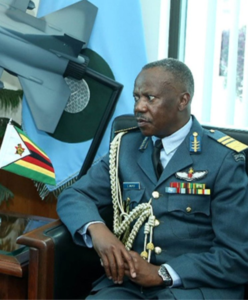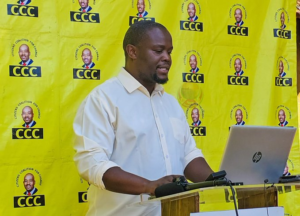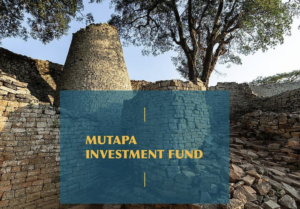DEMOCRACY UNDER THREAT: ZIMBABWE’S ELECTION STAFF ARRESTED AMIDST TRANSPARENCY EFFORTS

In an alarming move, several members of the Zimbabwe Election Support Network (ZESN) and other Civil Society Organisations (CSO) were arrested recently. Their crime? Undertaking data tabulation for the elections. In any functioning democracy, such an act is regarded as not just legitimate, but essential. This illegal arrest casts a gloomy shadow over the democratic ethos of the nation, especially when we factor in that it was the Zimbabwe Electoral Commission (ZEC) itself that had formally invited the CSOs to undertake this role.
To understand the severity of this act, one must first acknowledge the importance of data tabulation in elections. The process ensures transparency, accountability, and credibility of the electoral process. CSOs like ZESN play a pivotal role in making sure that elections are free, fair, and express the true will of the people. By curbing their operations or arresting their staff on baseless charges, the FAZ (presumably a fictional authority or faction) is essentially throttling the very essence of democratic practice.
The question then arises, why would ZESN and CSO staff be arrested for performing a duty that was officially requested of them by the ZEC? Such a move not only lacks legal foundation but also points towards a dangerous precedent where transparency is penalised and democracy is compromised.
One might speculate if this is a strategy of intimidation, meant to deter other CSOs from participating in future electoral processes. Or perhaps it’s an attempt to discredit the election results by casting doubts on the impartiality and accuracy of the tabulation process. Whatever the motive, the act itself is undeniably condemnable and demands both national and international scrutiny.
Civil society plays a foundational role in bridging the gap between government institutions and the citizenry. Their involvement in the electoral process ensures that the voice of the people is not only heard but also acted upon. Arresting CSO staff who were diligently performing their duties sends a chilling message: that watchdog organisations are under threat and their activities, however legal and commendable, are liable to be met with strong-arm tactics.
Furthermore, such blatant misuse of power compromises Zimbabwe’s standing on the global stage. At a time when the nation should be heralding its commitment to free and fair elections, it instead finds itself in the international spotlight for all the wrong reasons.
If FAZ is to retain any semblance of credibility, they must immediately release the arrested ZESN and CSO staff and offer a public apology for this grave transgression. The government must ensure the protection of civil society and its actors from arbitrary arrests and harassment, especially when they are merely fulfilling their roles in fortifying the nation’s democracy.
In conclusion, while the illegal arrest of ZESN and CSO staff is a dark blip in Zimbabwe’s democratic journey, it also offers an opportunity. An opportunity for the government and its institutions to reaffirm their commitment to democratic processes, transparency, and the rule of law. Civil society, media, and citizens at large must unite in their call for justice, ensuring that such acts of intimidation do not become the norm, but are instead recognised as aberrations that must be corrected promptly.
Democracy, after all, is not just about casting votes. It’s about ensuring that every step of the process, from campaigning to tabulation, is conducted transparently, freely, and fairly. Anything less is a disservice to the people and the very idea of democracy itself.



